Taylor was one of the 'originals', a key member of the Scotland team that faced England in the world's first international match in 1872. He went on to play six times for Scotland, twice as captain, and also won the first three Scottish Cups with Queen's Park, the latter two as captain. On giving up playing he was elected President of Queen's Park and continued to guide the progress of the game until tragedy intervened and he was struck down by pleurisy and tuberculosis. He died aged just 37, leaving a wife and four children.
I was then contacted by Colin Taylor, a great grandson of Joseph who spotted my article, and we have been in regular contact over the years. To my delight, he told me that some of Joseph's prize possessions remained in the family, including his Scottish Cup medal from 1876 (pictured below).
However, the grave was in a poor condition, leaning dangerously forward, hidden by ivy, and had lost the fleur-de-lys on top. It needed to be saved before it was too late, and a fundraiser last year raised over £1,000 for its restoration. There were contributions from a number of fans (the biggest from the West of Scotland Tartan Army) but fell short of the goal of £2,500, with the shortfall met by Joseph's descendants. The work took place over the winter.
Colin Taylor and his cousin Alex were guests of the Scottish FA at the 150th anniversary match between Scotland and England last year, and this week they travelled back to Glasgow for the unveiling of the restored grave. It can now be safely visited and admired at Cathcart Cemetery, where it is in Section I, Lair 567.
Profile from The Men Who Made Scotland
Born 16 December 1850; Wellington Street, Dunoon, Argyllshire.
Died 4 October 1888; Victoria Terrace, Mount Florida, Glasgow.
Son of a hotel keeper in Dunoon, Taylor grew up in the town and was successful locally as a runner, winning numerous athletic contests at the Cowal Gathering in 1869 and 1870. When he came to Glasgow to work around that time, he joined Queen's Park and they soon made use of his athleticism, speed and leadership on the football field. He was selected at full back for the first Scotland international in 1872 and retained his place every year until 1876, captaining the side twice against England. He also won the first three Scottish Cups, the latter two as team captain. According to DD Bone: 'No man who captained the Queen's Park was so much respected both on the field and in private life. None hated unfair or rough play more.' After giving up playing in 1877, still only 26 years old, he continued his involvement with the club and was elected President for 1878-79, while he worked as a clerk for a drapery wholesaler. Sadly, he was struck down with pleurisy and tuberculosis and although he went to New Zealand in an attempt to clear his lungs, it was to no avail. He returned home to Mount Florida and died there in 1888, aged 37, leaving a wife and four children.
Honours
Scotland v England 1872, 1873, 1874, 1875c, 1876c; Wales 1876.
Queen's Park player 1870-77 (Scottish Cup winner 1874, 1875c, 1876c).
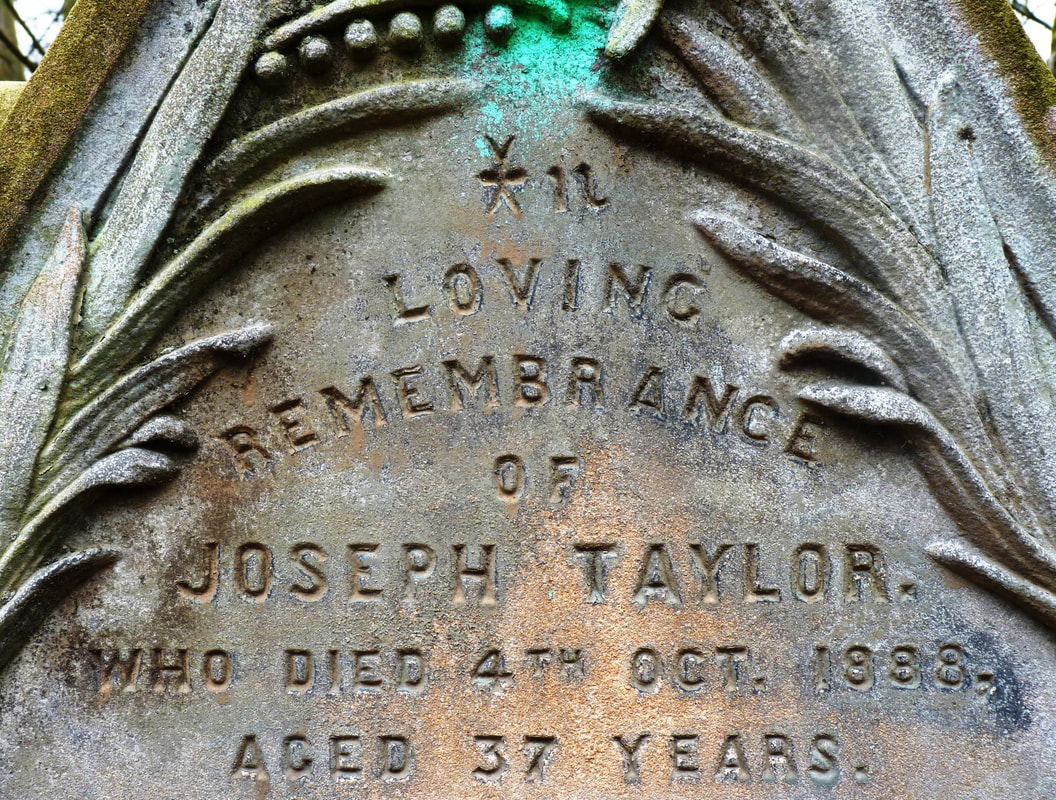
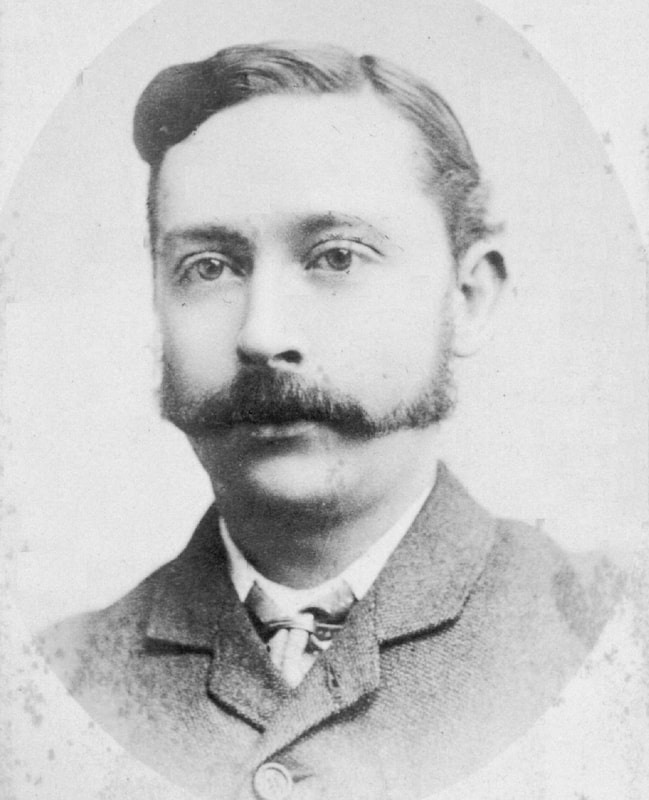
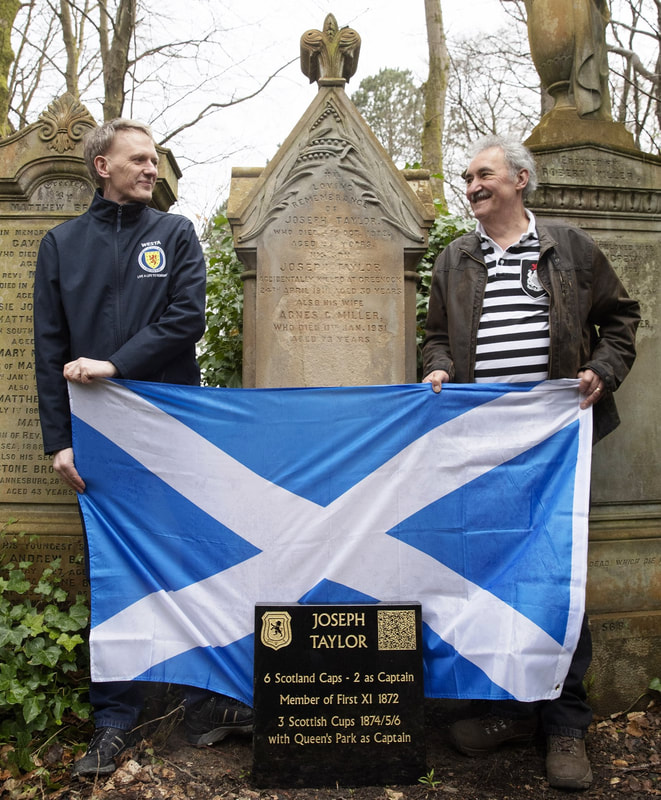
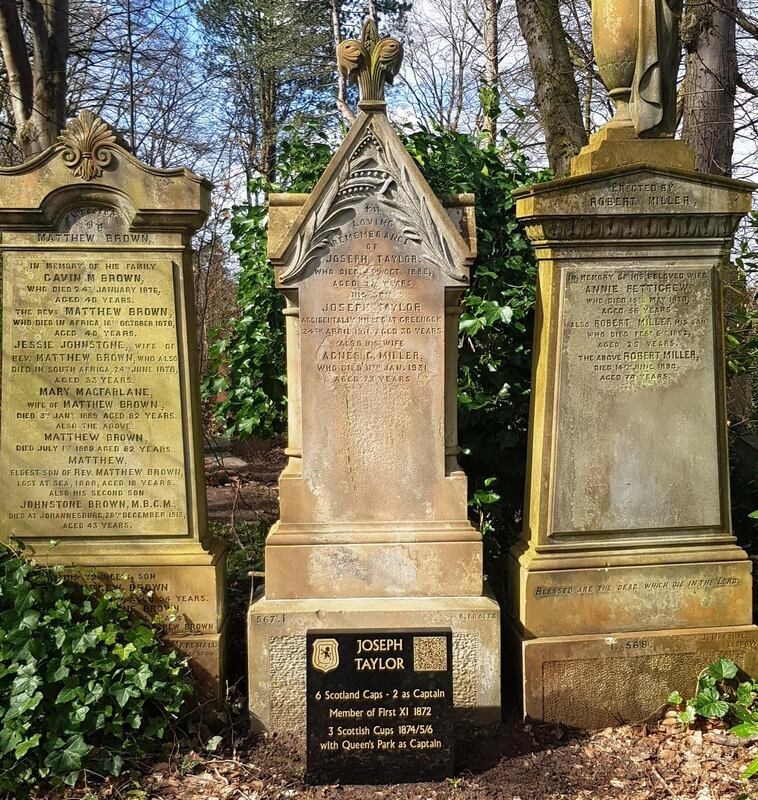
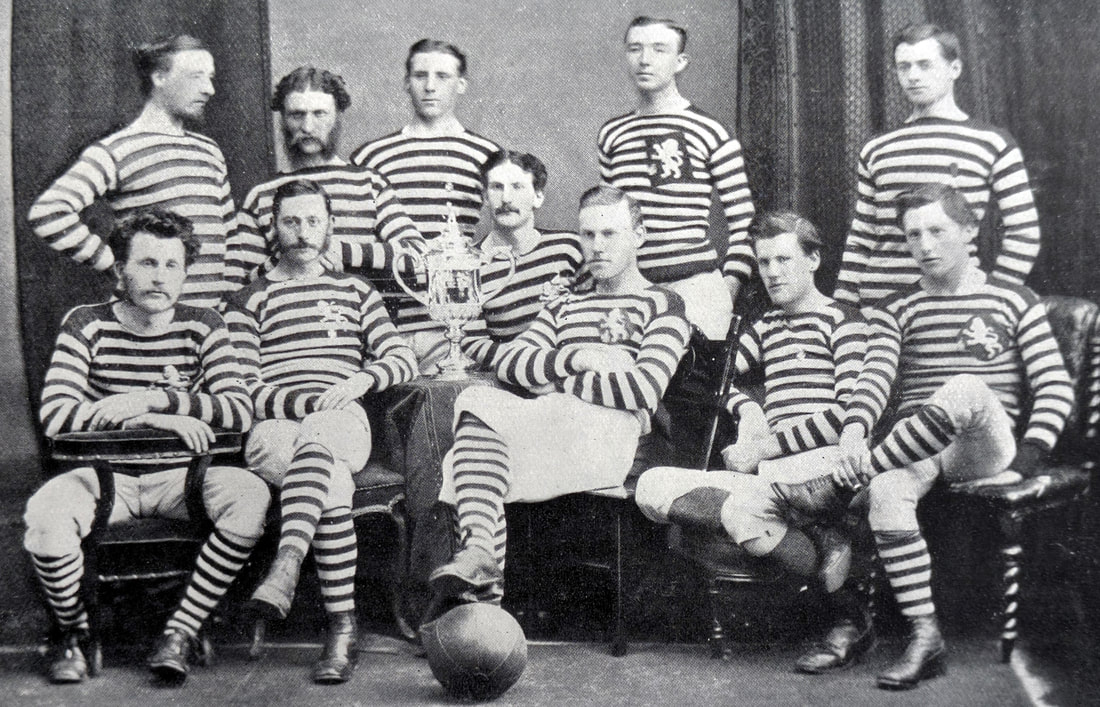
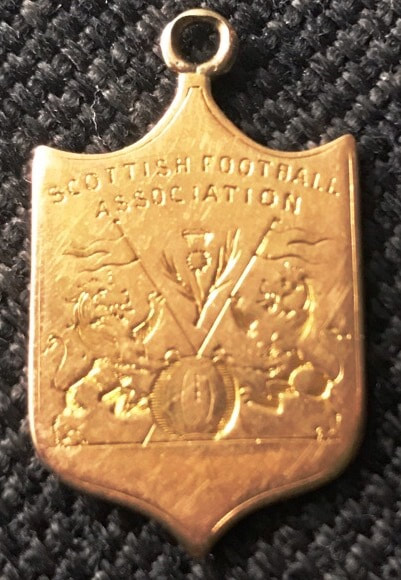
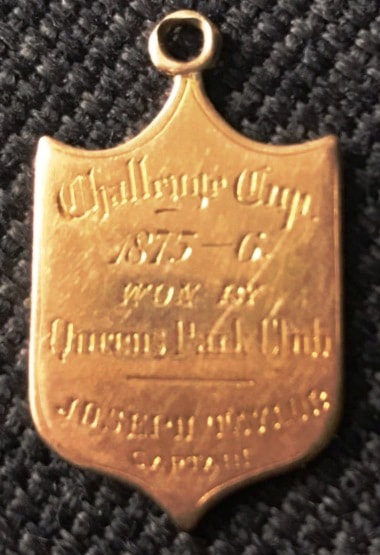
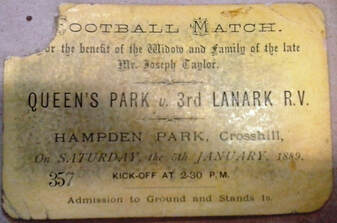
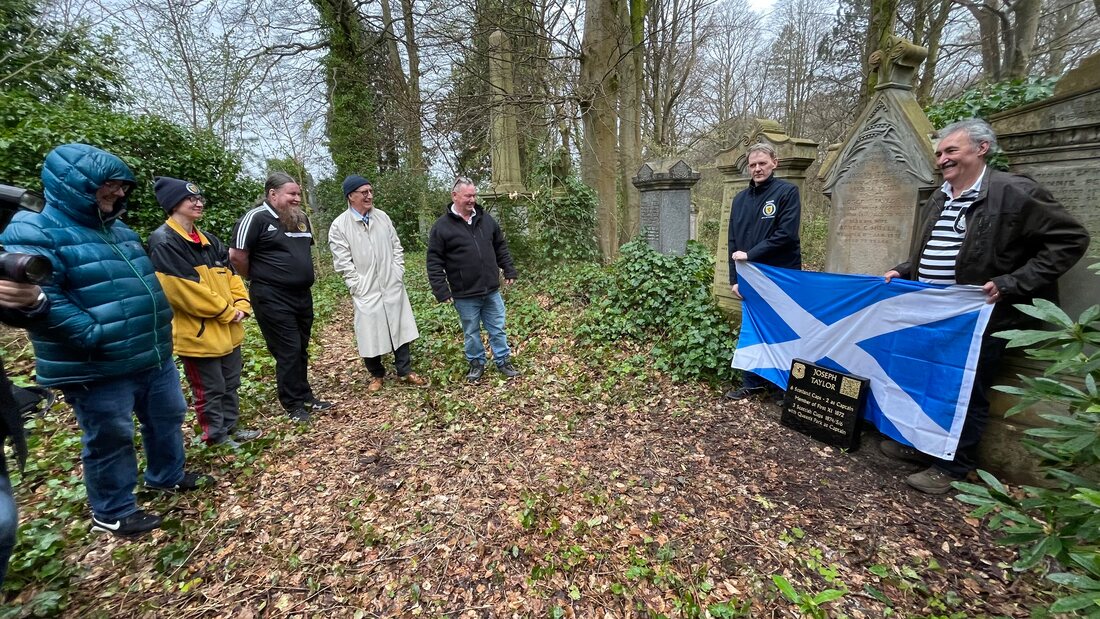
 RSS Feed
RSS Feed